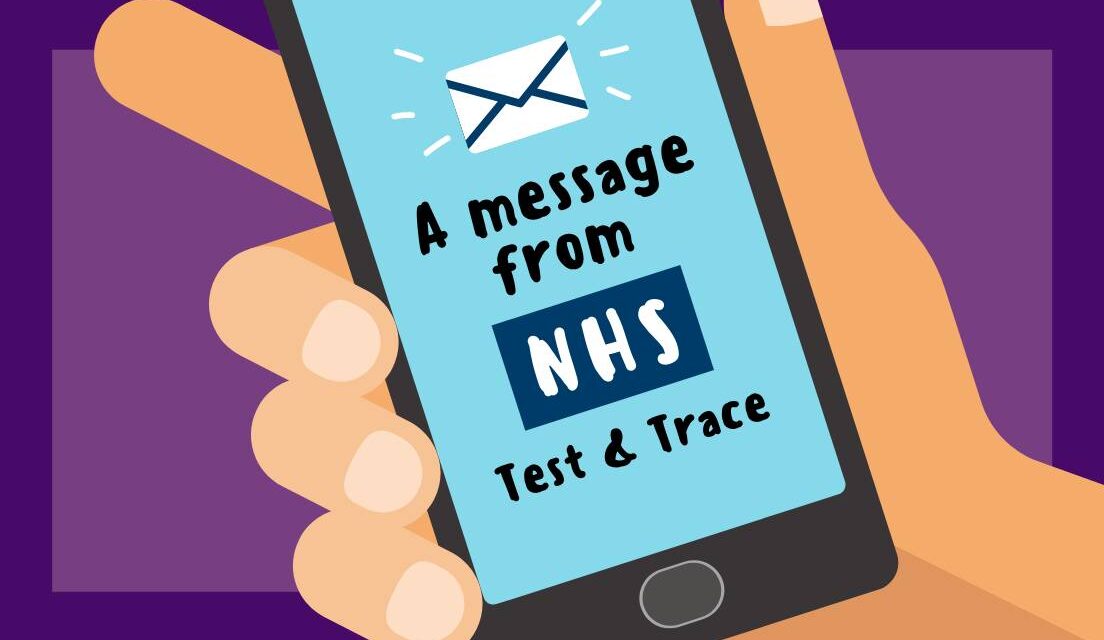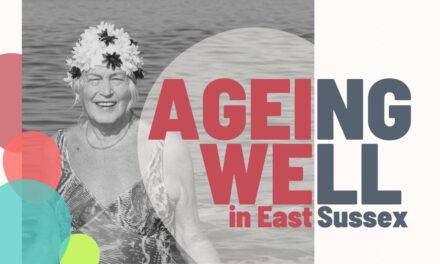As of 16 August, guidance on when to self-isolate due to Covid-19 changed. We’re here to explain the latest!
Identified as a close contact? Don’t worry, as long as you’ve had both of your jabs (the second being more than 14 days ago) you just need to have a PCR test and if negative you will not be required to self-isolate.
This is a huge step forward in keeping businesses operating and allowing life to get back on track.
Just in case this all feels a little bit confusing we’ve tried to set it out simply for you.
Take the self-isolation quiz!
-
Have you been identified as a close contact?
Yes – Go to question 2.
No – Why are you here?! Just kidding. It’s useful to have this information in case you need it! Why not save this page in your web browser so you can refer back to it if you need to.
-
Are you fully vaccinated or, aged under 18 years and 6 months?
Yes – As long as you are aged under 18 years and 6 months or the second dose of your vaccine was more than 14 days ago and you feel well, you do not need to self isolate. Just book a PCR test to ensure you’re not carrying the virus. As long as you get a negative result, you can continue to go to work or go about your daily life as normal.
Took a PCR test and tested positive? Then you should self-isolate immediately for 10 days from your test.
No – If you are are 18 and over, haven’t been vaccinated, have only had one dose or it has been less than 14 days since your last dose, you need to self-isolate immediately. You should still book a PCR test to see whether you already have the virus. This is important in picking up any further transmission. If you aren’t displaying symptoms but you test positive your contacts will be traced allowing transmission of the virus to be interrupted. It will also allow the NHS to identify any potential new strains. This is crucial to keep transmission and hospital admissions low.
If you need support to self-isolate you can visit: What help is on offer? | East Sussex County Council
You may also want to book your vaccination so that your life isn’t disrupted if you’re identified as a contact in the future. Unsure about getting the vaccine? We get that, but be sure you’re making an informed decision by reading our article: Here’s what we know about the Covid vaccines
Self-isolate if you’re feeling unwell?
If you feel at all unwell with Covid-19 symptoms, or a headache or runny nose, you should self-isolate and book a test.
Even people who have been vaccinated could get the virus and pass it on to others. You may only experience mild symptoms but for others it could be more serious and lead to hospitalisation. For that reason it remains crucial that you self-isolate and get a test if you feel at all unwell. This is the best way to protect more vulnerable people you could pass it on to.
Still don’t know if you need to self-isolate?
If you’re still unsure whether you need to self-isolate after being identified as a close contact, use this check list. If any of these apply – self-isolate and book a PCR test.
- I have not had the COVID-19 vaccination
- I have only had one dose of the COVID-19 vaccination
- It has been less than 14 days since my second dose of the COVID-19 vaccination
- I have had a PCR test and it came back positive
- I have had both doses of the Covid-19 vaccination, but I feel unwell with symptoms that could be Covid-19 (Persistent cough, temperature, loss or change to sense of taste or smell or even headache or runny nose)
If you any of these statements apply to you – Self-isolate and BOOK A PCR TEST!
A risky move
Could this be a risky move? Maybe. But with 74.1% of the East Sussex population (as of Sunday 8th August) now having had both vaccines, infection rates and hospitalisation rates are low and after 18 months of restrictions, it’s time to keep life moving.
Be Kind
It’s understandable that some may feel anxious about these changes but it is down to us as individuals to be responsible and to do what feels most comfortable for us. Many indoor venues are still encouraging the use of face coverings and symptom-free tests are still readily available across the county. By continuing to test on a regular basis you can do your bit to protect those around you.
Everyone will have different feelings about restrictions easing and some may prefer to proceed with more caution, and that’s okay.
For ideas on how to manage your own risks and the importance of respecting each other’s wishes, read our article: The ‘new normal’ starts with being kind





I thought you still had to self isolate if someone you live with tests positive even if you’ve had 2 vaccines.